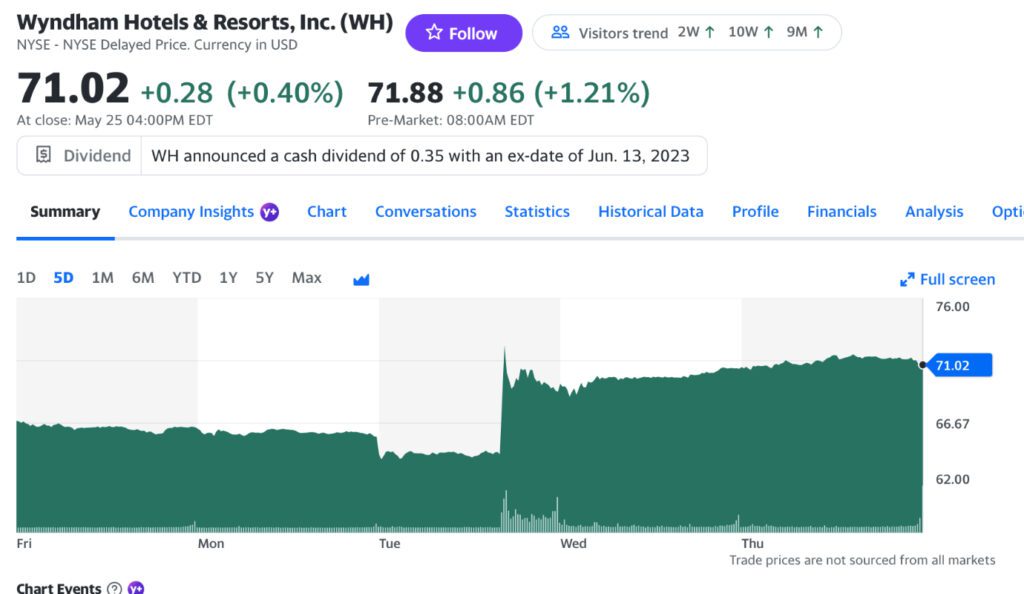Buying a share in a company typically involves hoping the stock price rises over time and maybe means sharing in dividends. But Selina, an upstart hospitality brand, said on Wednesday it has a new enticement for people to buy its stock — discounts and freebies at its properties.
“Today, investing extends beyond the balance sheet,” said co-founder and CEO Rafael Museri.
Selina shareholders will be able to enjoy upgrades at the company’s hostel-style lodging, discounts or free breakfasts at its restaurants, lake checkouts, access to co-working spaces, and “exclusive event invitations,” depending on a variety of factors via the Selina Shareholders Program.
Selina isn’t the only travel company to try this. Carnival Cruise Lines, Norwegian Cruise Lines, and Royal Caribbean Cruise Lines have long offered onboard credit per stateroom on select sailings to confirmed shareholders. Intercontinental Hotels Group (IHG) has for years let shareholders enjoy discounts at their hotels if they book through a private website available by emailing the company’s registrar with proof a person holds shares in certified form.
But Selina has innovated, making the process to verify that someone holds shares fully digital. The process appears to be more seamless than what other travel companies have offered.
On Selina’s investor page, shareholders can link their online, U.S.-based brokerage account for verification. Other eligibility requirements can be satisfied online, and bigger investors can enjoy bigger benefits. After vetting, the company aims to send shareholders access to benefits within five business days.
“We extend a special thank you to retail-focused investor relations agency, Equity Animal, along with our technology partner, Stakeholder Labs, for their collaboration in creating the Selina Members Club,” said Sam Khazary, executive vice president and global head of corporate development.
”The Selina Members Club is not only a strategic move to strengthen relationships with customers who are also shareholders,” Khazary said. “It also serves as an expression of gratitude for their steadfast support.”
